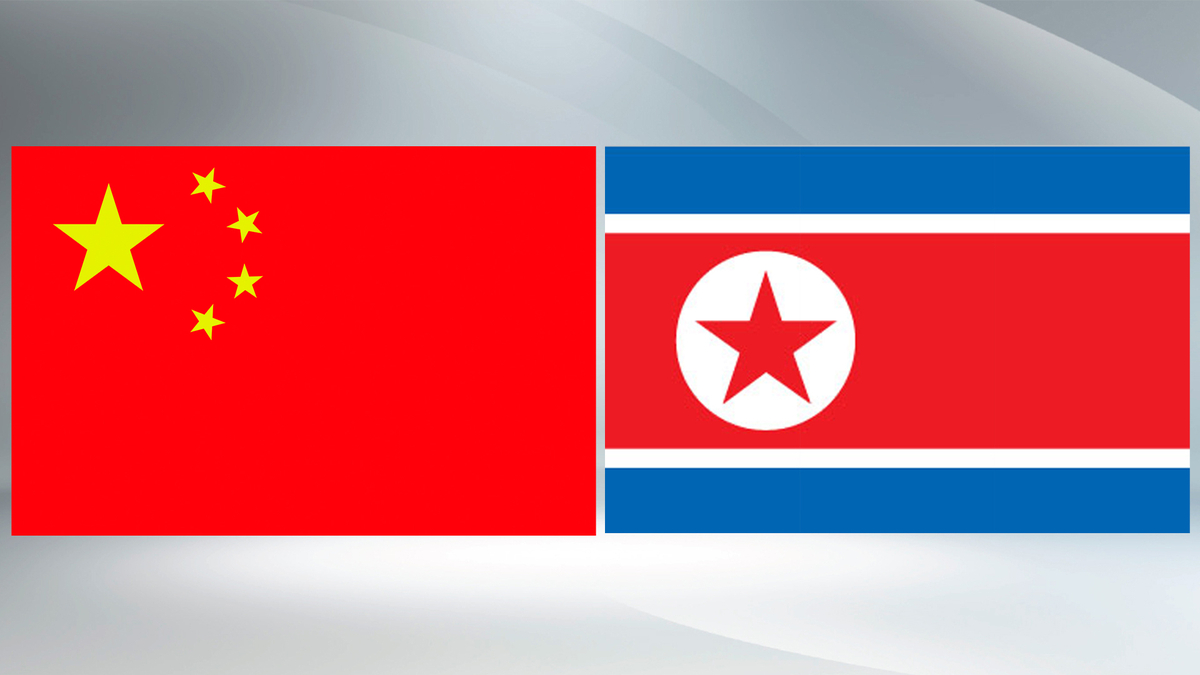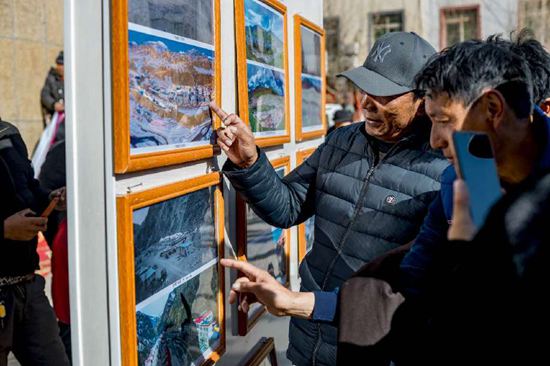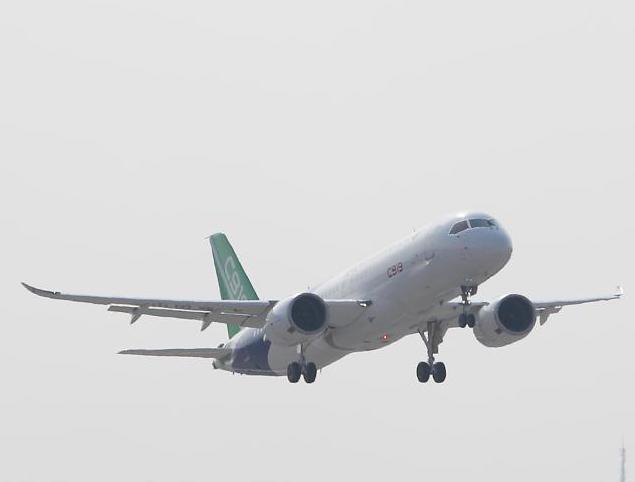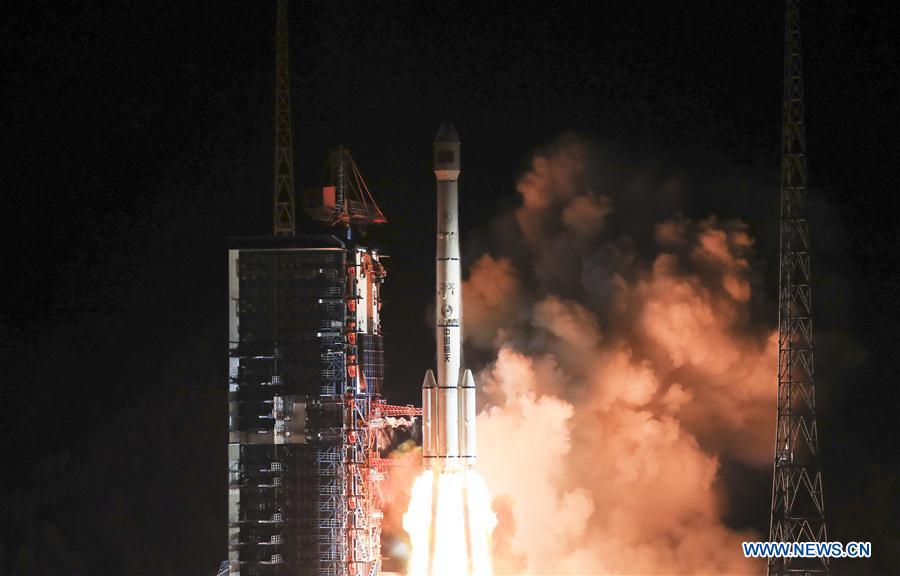China opens new tourist route to help western regions reduce poverty
China launched a 11,000-km new tourist route Saturday to help its vast western regions in tough fight against poverty.
Officials from the Ministry of Culture and Tourism and the State Council Leading Group Office of Poverty Alleviation and Development attended a ceremony held in Yongjing County, Gansu Province.
The travel route links "three regions and three prefectures", one of the hardest nuts to crack in the country's poverty alleviation campaign: Tibet Autonomous Region, Tibetan regions in four provinces, southern parts of Xinjiang Uygur Autonomous Region, Liangshan Yi Autonomous Prefecture in Sichuan Province, Nujiang Lisu Autonomous Prefecture in Yunnan Province, and Linxia Hui Autonomous Prefecture in Gansu Province.
More than 80 percent of these areas are on the Qinghai-Tibet Plateau, mired in poverty with poor natural conditions and fragile economies, said officials at the launch ceremony.
But with incredibly beautiful landscapes, these regions hold a wealth of tourism resources yet to be tapped, the officials said.
On the route are cities like Lanzhou, Urumqi, Chengdu, Lhasa, Kunming and Xining, as well as tourist attractions inlcuding Dunhuang, Kashgar, Nyingchi and Dali. Plateau scenes, Mount Qomolangma, ancient trade routes such as the Silk Road and Tea and Horse Road are some of the highlights.
Local governments of the provinces and regions along the route have set up an alliance to cooperate on tourism promotion, infrastructure connectivity, cultural and tourist product development to help more local residents to benefit from tourism.
Tibet Stories
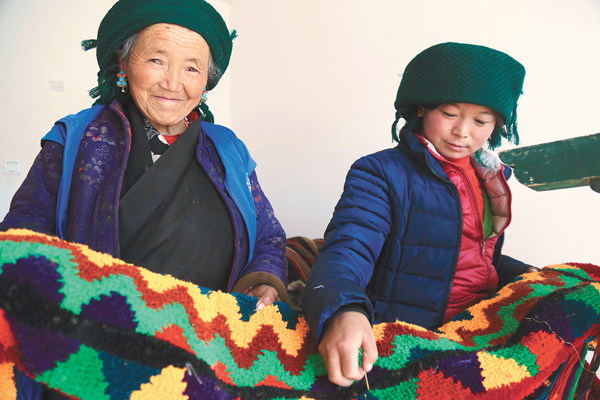
A happy senior's new life
Budo Drolma, whose family used to be impoverished, now live in a brand-new and spacious house.
Latest News
- Egypt uncovers intact 4,400-year-old pharaonic tomb near Giza pyramids
- UN climate conference adopts rulebook for implementing Paris deal
- Service of Chinese Americans in World War II to be formally recognized
- Germany suffers severe Santa shortage as Christmas draws near
- 7-year-old in good health, border agents said; then she died
